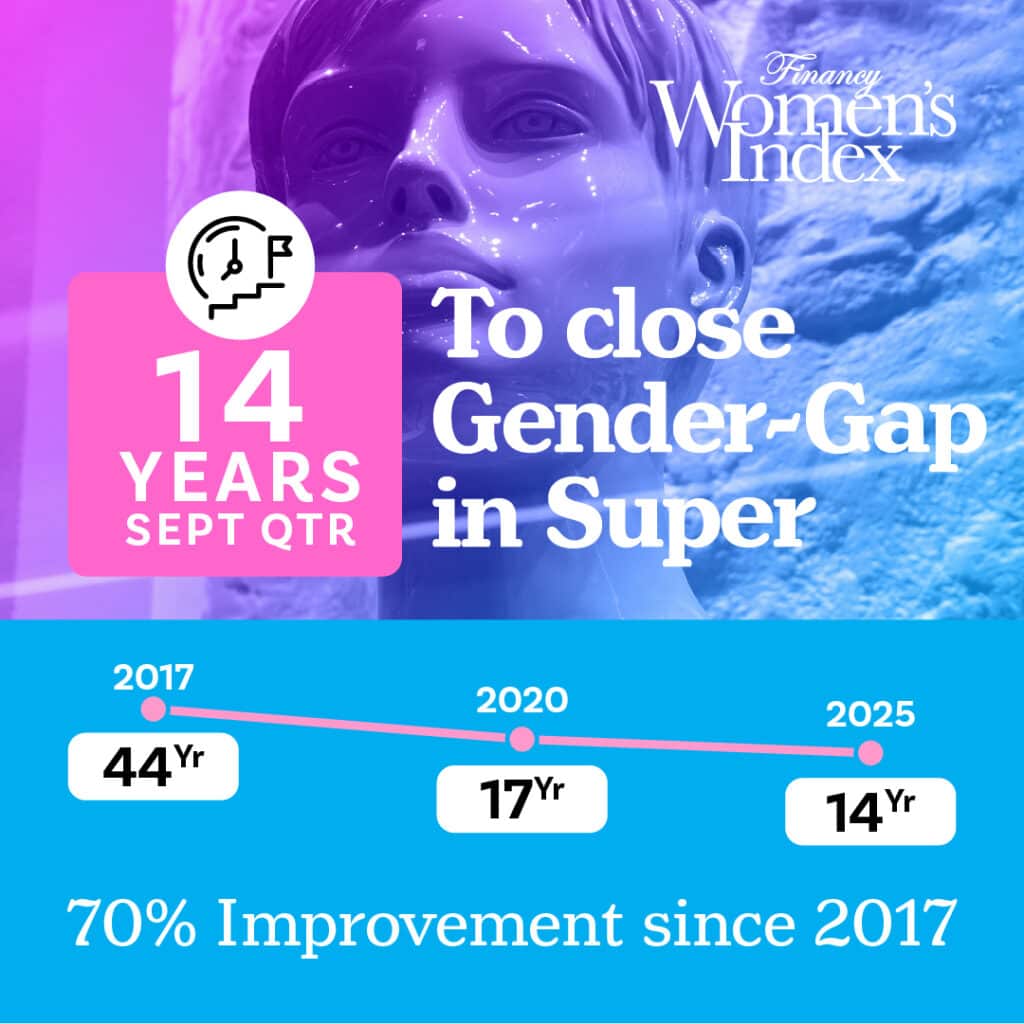We love some good tax tips, especially when you hear that behemoth corporations like McDonalds managing to halve their Australian company tax bill by redirecting funds offshore!
While it’s not exactly possible for everyone, or indeed business, to be like McDonalds and hire the heavyweight tax strategists to help rout payments through low tax nations like Singapore, there are at least some quick tips that ought to be considered to help minimise tax.
Kate Hills, chartered accountant and partner at Whitehead Dingley & Betar shares her top tax saving suggestions.
“If you run your own business then you should take advantage of the $20k immediate write-off for capital purchases. This is a huge increase from the previous $1,000 cap. This measure is applicable only from 12/05/15 – 30/06/17.”
“The rules changed for this on 1 July 2015 and now the Australian Tax Office (ATO) is only allowing taxpayers to use the cents per kilometre and log-book methods to claim car expenses in their tax returns.
To maximise your car claim, keep a car log-book for 13 consecutive weeks. You will then be able to use this log-book % for your car claims for the next five financial years.”
“If you’ve had a unusually large profit/income during the financial year, then pre-pay (by 30 June) any of those expenses you usually pay for in the first quarter of the financial year; or make that capital purchase you are thinking about before 30 June to help reduce the taxable profit for the current financial year.”
“If you’re holding investments such as shares or other listed securities that you are thinking of selling, you should check whether the investment has been held for at least 12 months.
Investments held for at least a year will attract a 50% discount on the capital gain. Also, if you have any assets which would generate a capital loss, consider selling these to offset any capital gain.”
“If you are on a salary, then look at salary sacrificing a portion your income into your super fund. You will save on the marginal rate of personal tax (up to 49 per cent) and only pay 15 per cent tax in your super fund.”
“Look at putting positively geared investments (i.e. shares) in the family member’s name who is earning the least amount of income. It is quite common for the husband or wife to be the bread-winner, allowing the partner earning the least amount of income to hold the investments.”
“If you earn over $90k (individual) or $180k (family), and don’t have private health insurance, then you will be liable for the Medicare levy Surcharge of 1 per cent – 1.5 per cent of your taxable income. Ensuring you have PHI cover will prevent this extra charge.”
“There’s lots of software applications, including Iphone/Andriod apps, which help with this and also reduce paper receipts (or you can simply take a photo of records on your phone!). These are also great for those business/work cash expenses which usually get forgotten about but can add up at year-end.”













